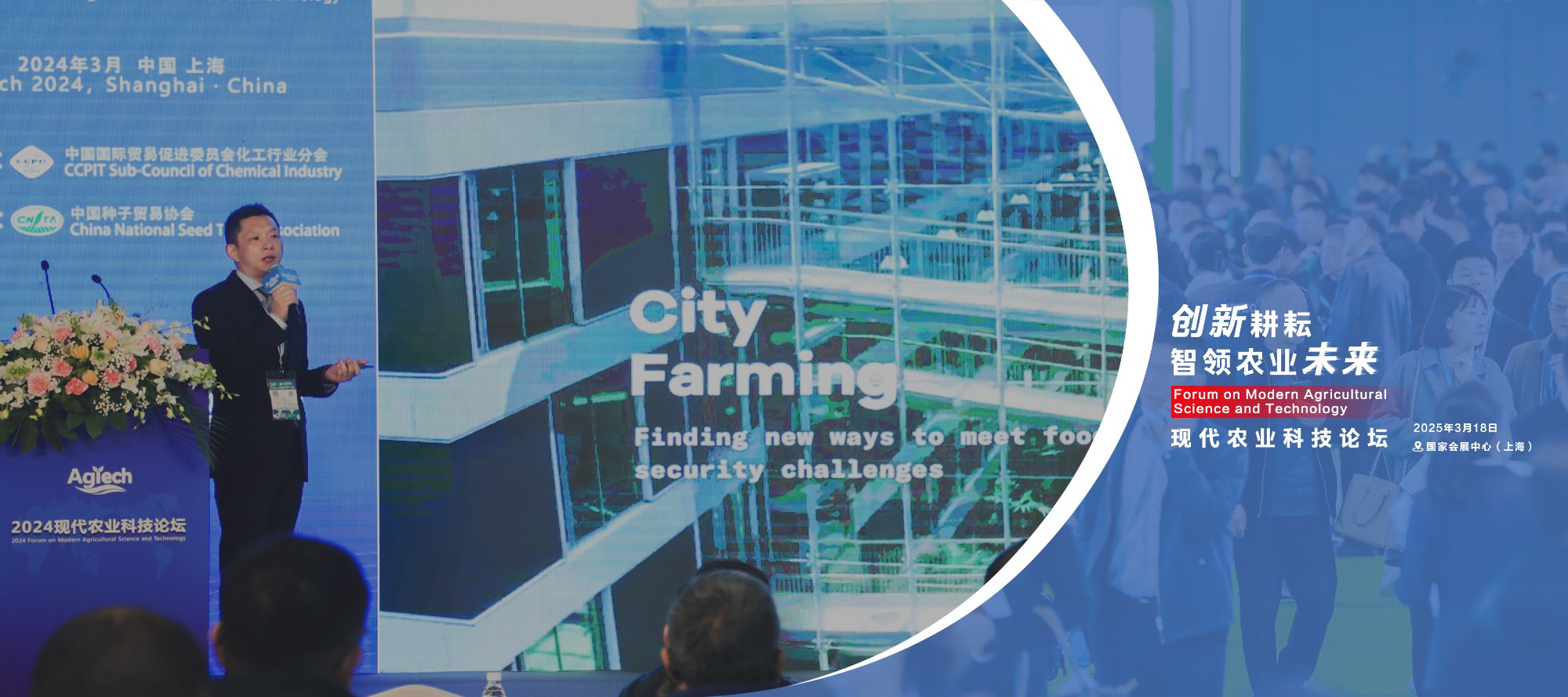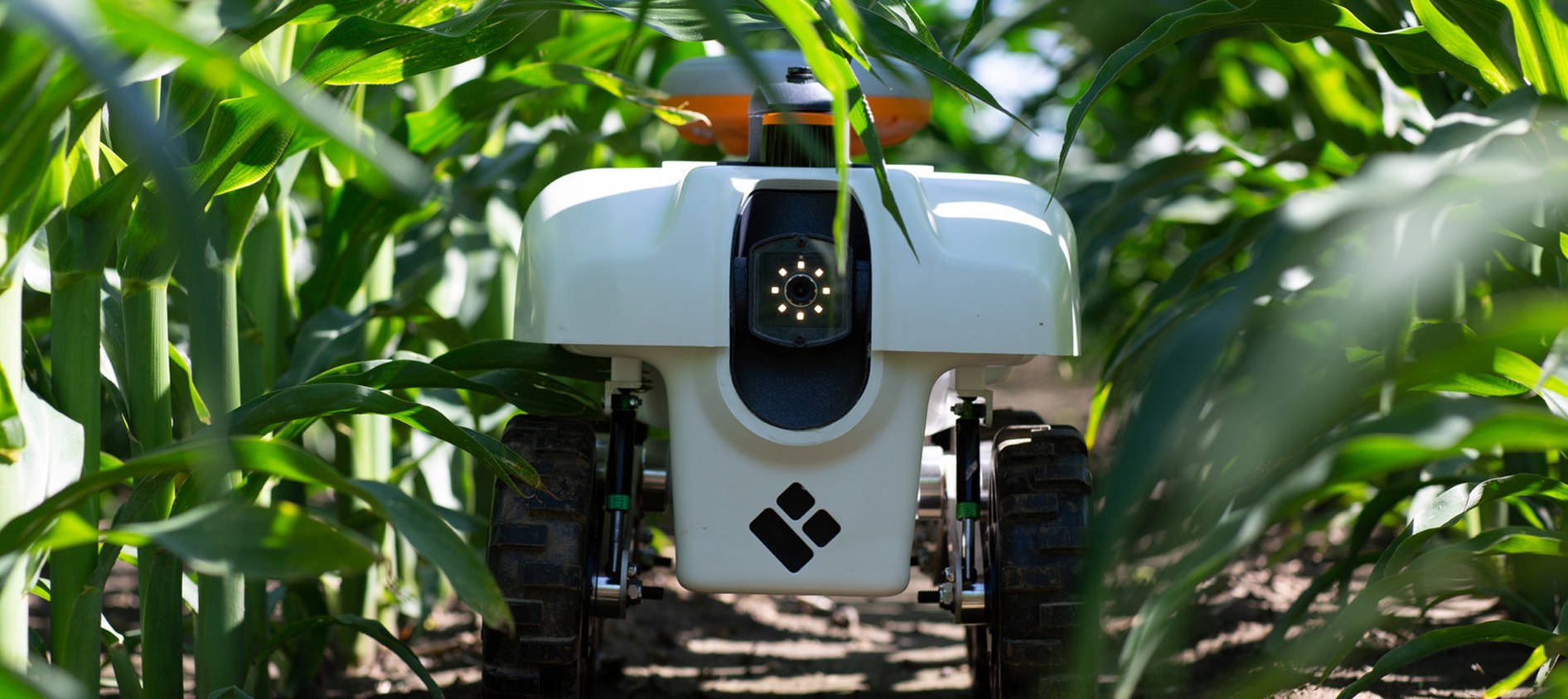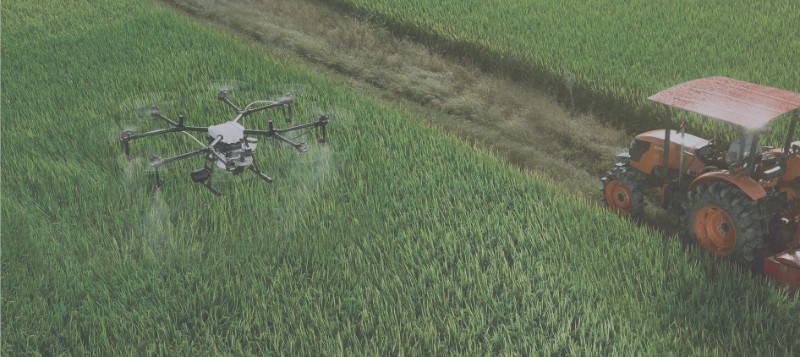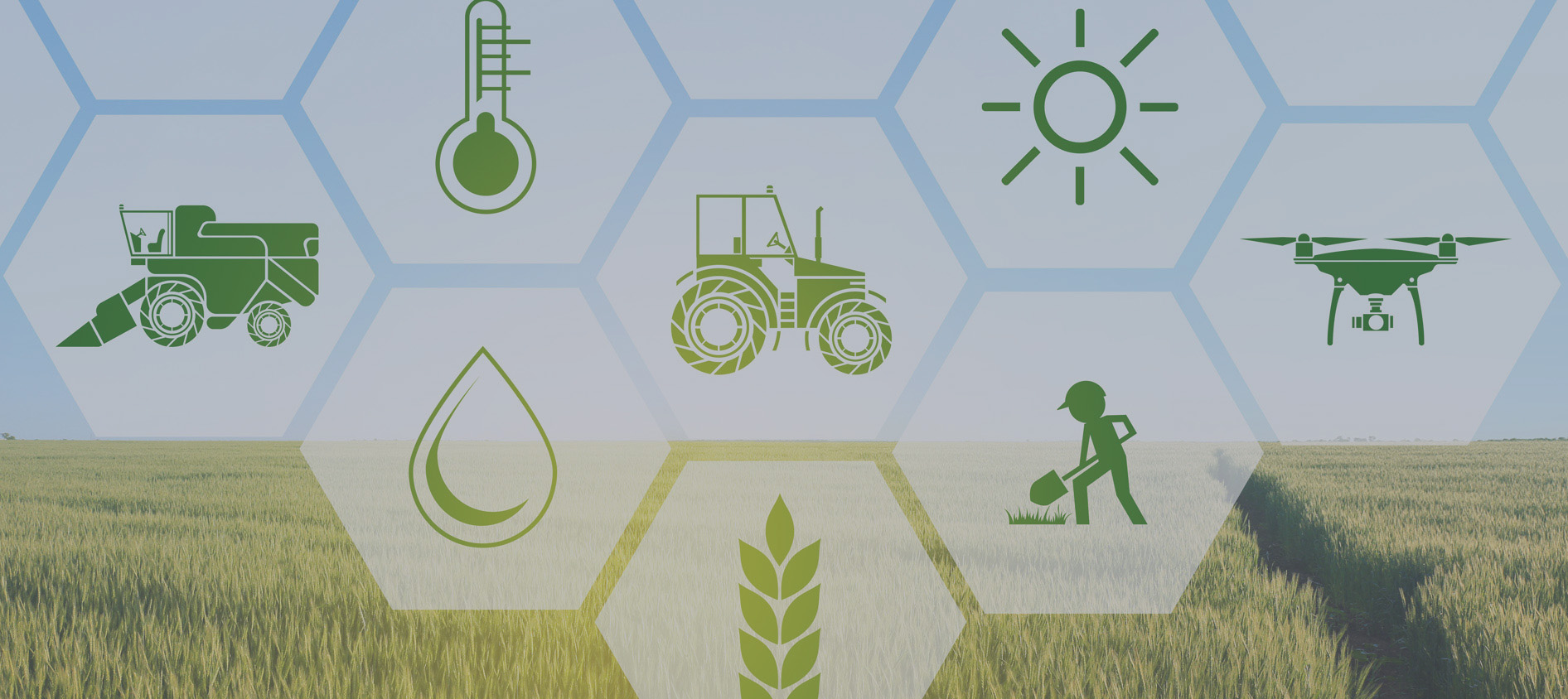How Israeli Technology is Changing Agriculture and Impacting Our World
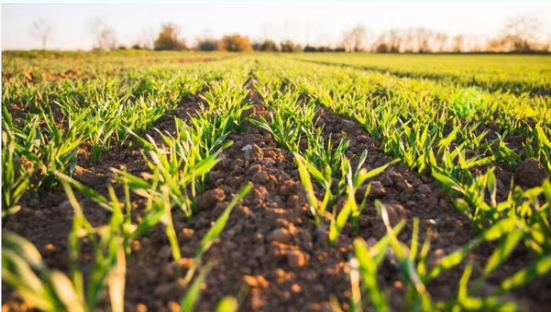
The agricultural sector, in particular, has seen Israeli technology making a remarkable difference, especially in creating unique solutions for arid climates with scarce resources
Israel, often referred to as the 'Start-Up Nation,' has leveraged its unique geographical and climatic conditions along with its entrepreneurial spirit and highly skilled workforce, to emerge as a global high-tech powerhouse. The agricultural sector, in particular, has seen Israeli technology making a remarkable difference, especially in creating unique solutions for arid climates with scarce resources.
Agricultural Advancements Amidst Global Food Insecurity
The world is currently grappling with a pervasive food crisis that has brought an ominous cloud over our future. This crisis is marked by the worst rice shortage in two decades, an unfortunate consequence of climate change, extreme weather conditions, and population growth, which have strained our food systems. Simultaneously, the world is navigating through a broader commodity crisis that is impacting global economies.
Further compounding this crisis is the COVID-19 pandemic and the ongoing conflict in Ukraine, which have disrupted critical supply chains and hindered agricultural exports. Amidst these challenges, we see Israeli technology offering innovative responses to these pressing issues, reshaping agricultural practices, and illuminating a path forward.
The global community finds itself in a scramble to secure essential food supplies, adding pressure to already taxed resources.
A beacon of hope
Yet, it is during such crises that innovation presents a path forward. In this context, we turn to Israel, where a technological revolution is underway, promising to reframe agricultural practices and offering hope in these challenging times.
3 companies revolutionizing agriculture & impacting our world
1. ICL Group (ICL: NYSE)
A specialty minerals company and one of the world’s largest fertilizer manufacturers stands as a shining example. One of ICL's most promising innovations is their new eqo.x fertilizer technology. This state-of-the-art controlled-release fertilizer with a biodegradable coating is revolutionizing the fertilizer industry by maximizing nutrient use efficiency. By minimizing nutrient losses to the environment, eqoX ensures that more nutrients are available to nourish crops, thereby increasing yields and improving agricultural sustainability. The company also launched ICLeaf in India, ICLeaf - is a revolutionary diagnostic tool to help farmers address nutrient surplus or deficiencies, and maximize yields. By measuring ten different elements in a leaf sample, ICLeaf offers precise, real-time feedback and nutrient use recommendations. ICLeaf supports farmers in India growing grape, cotton, banana, tomato, and pomegranate, with plans to expand to other crops. This revolutionary diagnostics tool was created at the Center for Fertilization and Plant Nutrition (CFPN), which was founded through a partnership between ICL and the Volcani Institute (Agricultural Research Organization ARO).
The digital technology suite – including the ICLeaf and Crop Advisor solutions, among others – was developed by Agmatix, an ICL owned digital ag startup, which developed the world’s first single-engine designed to drive the agronomic innovation cycle from research and experimental data into meaningful and actionable insights. The powerful Agmatix platform can read and interpret thousands of the different data points commonly used across the agricultural industry to help scientists, agronomists, and farmers make actionable decisions. The platform Empowers farmers with real-time data and insights to optimize nutrient management, address deficiencies, and boost crop yields and thereby sales.
2. Netafim
Another Israeli company contributing to this technological revolution in agriculture is Netafim. Known for its pioneering work in drip irrigation, Netafim has long been at the forefront of developing sustainable solutions to farming challenges. Their innovative irrigation systems enable farmers to optimize water and nutrient usage, thereby increasing crop yields while reducing the environmental impact. Netafim's smart irrigation technology utilizes real-time data to adjust watering schedules and amounts, ensuring optimal conditions for plant growth. In areas prone to drought or water scarcity, such precision, and efficiency are crucial.
3. BioBee Biological Systems, this Israeli company has a game-changing approach to agriculture through its biologically based integrated pest management solutions. BioBee uses beneficial insects and mites for biological pest control, reducing the need for chemical pesticides. Their method not only helps control pests but also maintains the health of crops by avoiding chemical residue. They have also improved the way pollination is conducted, particularly in greenhouses. Instead of relying on wind or other insects, BioBee deploys domesticated bumblebees that have proven to be more effective and efficient pollinators. This technology leads to better crop yield and quality.
In Conclusion
In conclusion, as we navigate through the daunting food and commodity crises, we find ourselves at a crossroads. Israeli companies like ICL, Netafim, and BioBee, are leading a technological agricultural revolution. They are taking a fresh look at agricultural norms and setting new standards for efficiency and sustainability. This agricultural renaissance, driven by Israel's entrepreneurial spirit and technological expertise, showcases Israel's global standing in high-tech and innovative technological solutions. Amid the current crises, the world looks towards these Israeli advancements with anticipation and hope, recognizing their potential for significantly transforming agriculture and positively impacting our world.
